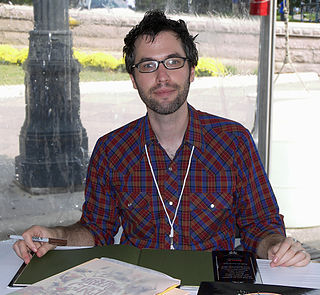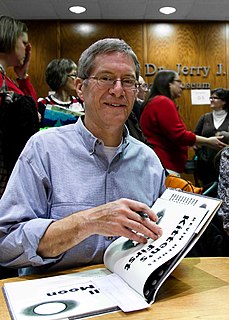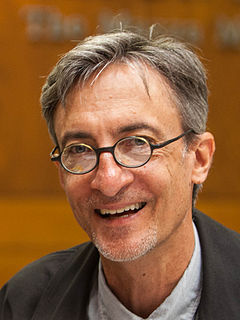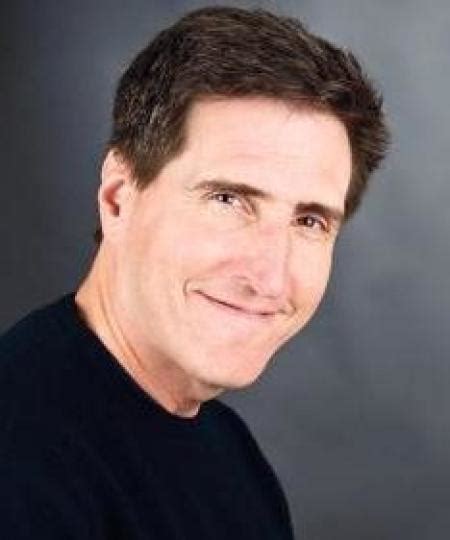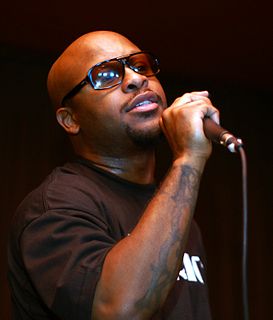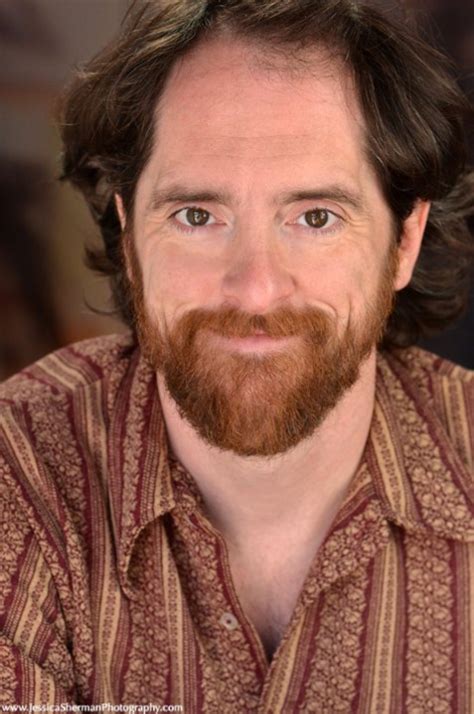A Quote by Adam Rex
After I work with my editor to get the manuscript in good shape, I sketch and lay out a whole book loosely, usually in black and white. You learn things about your text when you have to think about pacing and page-turns.
Related Quotes
The whole basis of working in black and white and grays became the basis of my understanding of color, because it's all about tone, it's all about light and dark. If you don't get that, then your color work is going to be a mess. So that's the beginning of the toolkit: drawing and black and white media.
My husband, William Sutcliffe, the writer, is my first reader and in many ways my most important. That initial reading of the manuscript is crucial and irreplaceable and you want them to approach it as someone in a bookshop might, not knowing much about it. So I've got into this pattern of not telling Will anything about the book I'm working on. He often knows nothing about the book I'm working on at all until I give him the whole manuscript and ask him to read it. The book I'm working on at the moment he knows nothing about. No one does.
There are certain things that I'll hear about and that I think will make a great book and I put it in a file. Sometimes it's a situation that interests me, and I don't even realize what I'm trying to say about it until I get closer to it. Sometimes the book after that I've written 125 pages of, and I can tell you what the book is after that. I just sort of have a linear progression, but more than anything, the topics land in your lap. I don't feel that I go out searching for them.
I work sometimes from outlines, which are immediately abandoned. Sometimes, when I'm trying to find the characters, I'll sketch things out a bit. Sometimes, outlines help me aim a little bit, but I tend to find it's usually much more interesting, especially with the first draft, to spew it onto the page. I used to get very nervous that, if I write this first rough draft and I die that night, whoever finds it might think that I thought it was good. For me, it's much more important to get some general shape onto the page and later take all the time I need to refine it, fix it, and rewrite it.
I can be a fairly hands-on editor, and when I'm editing someone I feel intensely invested in that writer and her work. I love helping to shape a book, and I feel very privileged to get to do that with writers I'm excited about. I think doing that work for the past six years has changed me, and it better prepared me for the questions and suggestions.
The Honorable Elijah Muhammad says that the black man in America, for the past 400 years, has been like a boy in the white man's house, begging the white man for a job, for food, clothing and shelter. And then after the white man provides him with all of these things, he turns around and get - has the nerve to get angry at the white man when the white man tries to control his life.
I got caught cheating a bunch of times, well now I'm not drinking but you think just because I say, "Oh I'm not cheating on you" that that's good enough? No! It's about action and I think it's the same way with God. It's about action, it's about the way you live your life and how you carry yourself and that's what God sees. I think people should take a page out of that book when they make their decisions and do things... and I think that the world would be a better place.
WIDE, the margin between carte blanche and the white page. Nevertheless it is not in the margin that you can find me, but in the yet whiter one that separates the word-strewn sheet from the transparent, the written page from the one to be written in the infinite space where the eye turns back to the eye, and the hand to the pen, where all we write is erased, even as you write it. For the book imperceptibly takes shape within the book we will never finish. There is my desert.
I worked as an assistant editor, actually, for a few years. That was right when I was just starting to get out at night and do a lot of stand-up, improv, and sketch work in New York. It really is invaluable. I think it pounded into me an awareness of what an editor wants and needs, in terms of clarity of a moment, where and when to start and stop a line.
Learn punctuation; it is your little drum set, one of the few tools oyu have to signal the reader where the beats and emphases go. (If you get it wrong, any least thing, the editor will throw your manuscript out.) Punctuation is not like musical notation; it doesn't indicate the length of pauses, but instead signifies logical relations. There are all sorts of people out there who know these things very well. You have to be among them even to begin.
I have a great editor and I enjoy, in a masochistic way, being ruthless about my own performance. How do I know, but I think I'm quite good at saying, "That's no good. That's no good. That's it. That's it. That's good." And I'm with the editor who goes, "No, I think you're wrong. That's not your best." There's an initial point in the editing, if you're directing yourself, especially in my case, where you go, "Ouch, ouch, ouch, I can't watch this." And then, there's a point where you become hard-nosed and just take your neurosis away and go, "What's working? That's okay. That's okay. We can lose that, and lose that." You get objective about it.
